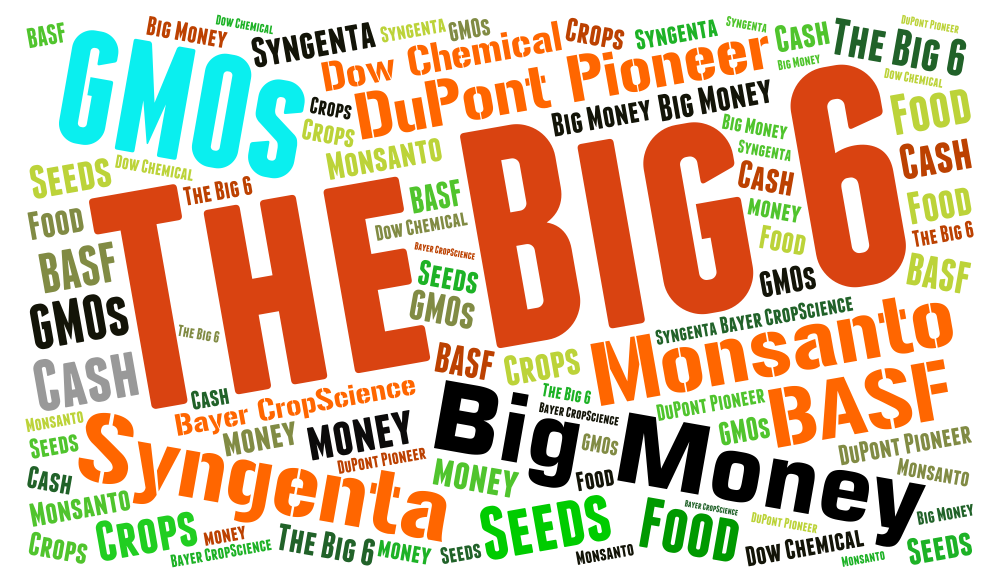Tell New Yorkers what’s in their food
 Celebrity chef Tom Colicchio urges the state to embrace GMO labeling
Celebrity chef Tom Colicchio urges the state to embrace GMO labeling
NEW YORK DAILY NEWS
Friday, June 13, 2014, 6:36 PM
Answer: None. There are no GMO strawberries being commercially grown or sold in the U.S. (or anywhere else) — but most people don’t know this. Nor do they know that USDA organic standards prohibit the use of GMO seeds. Or that in some cases, “GMO-free” is being used as a marketing ploy on products that never contained GMOs under any circumstances.
Or that “All Natural” is the most meaningless term on a package today — appearing on foods with ingredients that only a biochemist can pronounce. Or that “Locally Grown” says nothing about the merits of a food other than that it was grown nearby.
All this explains the crippling confusion that now confronts too many food consumers every time they enter the grocery store. We can do better — and when it comes to the powerful technology behind genetically modified foods, we must.
Advances in agricultural biotechnology have led to a dramatic and rapid expansion in the development and cultivation of genetically modified crops on American farmland. Approximately 90% of the corn, soybean, alfalfa, sugar beets and cotton being grown on U.S. farm acres are now GMO varieties.
Virtually all GMO crops on the market today have been engineered to be pest-resistant (by inserting bacteria DNA that turns the plant into a pesticide factory), herbicide-tolerant (by inserting bacteria DNA that makes them able to survive repeated sprayings with toxic weed-killers such as Roundup) or both.
This rapid adoption of GMO agriculture has outpaced the scientific community’s understanding of its impacts on human health and the environment, and has left the public in the dark. We’re in the dark because the chemical companies that make the seeds and the food companies that use GMOs have fought hard against any labeling regulations.
You can debate the ethics of tinkering with the DNA of the plants and animals we eat — but it’s beyond debate that consumers have the right to know what they’re buying for the family table.
And please, ignore those industry arguments that GMOs are needed to feed the hungry and improve nutritional content. Those crops generally do not yet exist. Instead, the GMO crops on the market today have been developed to lock farmers into a annual cycle of buying these patented seeds and the chemicals needed to grow them — a very profitable business model indeed.
So, who’s afraid of disclosure? We live in a free market economy, don’t we? Consumers are supposed to make informed choices. But when they are denied access to relevant information, such as whether their food contains GMOs, that free market economy is at best theoretical, and at worst a joke.
More than half the world’s population lives in countries that already have GMO food-labeling laws, including the EU, Japan, China, Russia and Japan. A 2013 New York Times poll showed 93% of Americans want GMO foods labeled.
Time and experience has shown us we can’t wait for the FDA or Congress to address this at the federal level. It’s up to state governments to give people this right. Vermont recently passed a labeling law set to go into effect in July 2016. Connecticut and Maine each passed laws last year that will go into effect if certain conditions are met. Oregon and Colorado will have GMO labeling on the ballot in the upcoming election.
New York’s legislation has been steadily moving through committees in the Assembly this year. It could soon come up for a floor vote if Speaker Sheldon Silver and fellow Democrats decide to take a stand against undue corporate influence and do what’s right for New Yorkers. We all have the right to know what’s in our food. Let’s put that in writing.
Colicchio, head judge of “Top Chef” on Bravo, is a founding board member of the national nonprofit advocacy organization, Food Policy Action.
Read more: http://www.nydailynews.com/opinion/new-yorkers-food-article-1.1829261#ixzz34djrN9Ev




